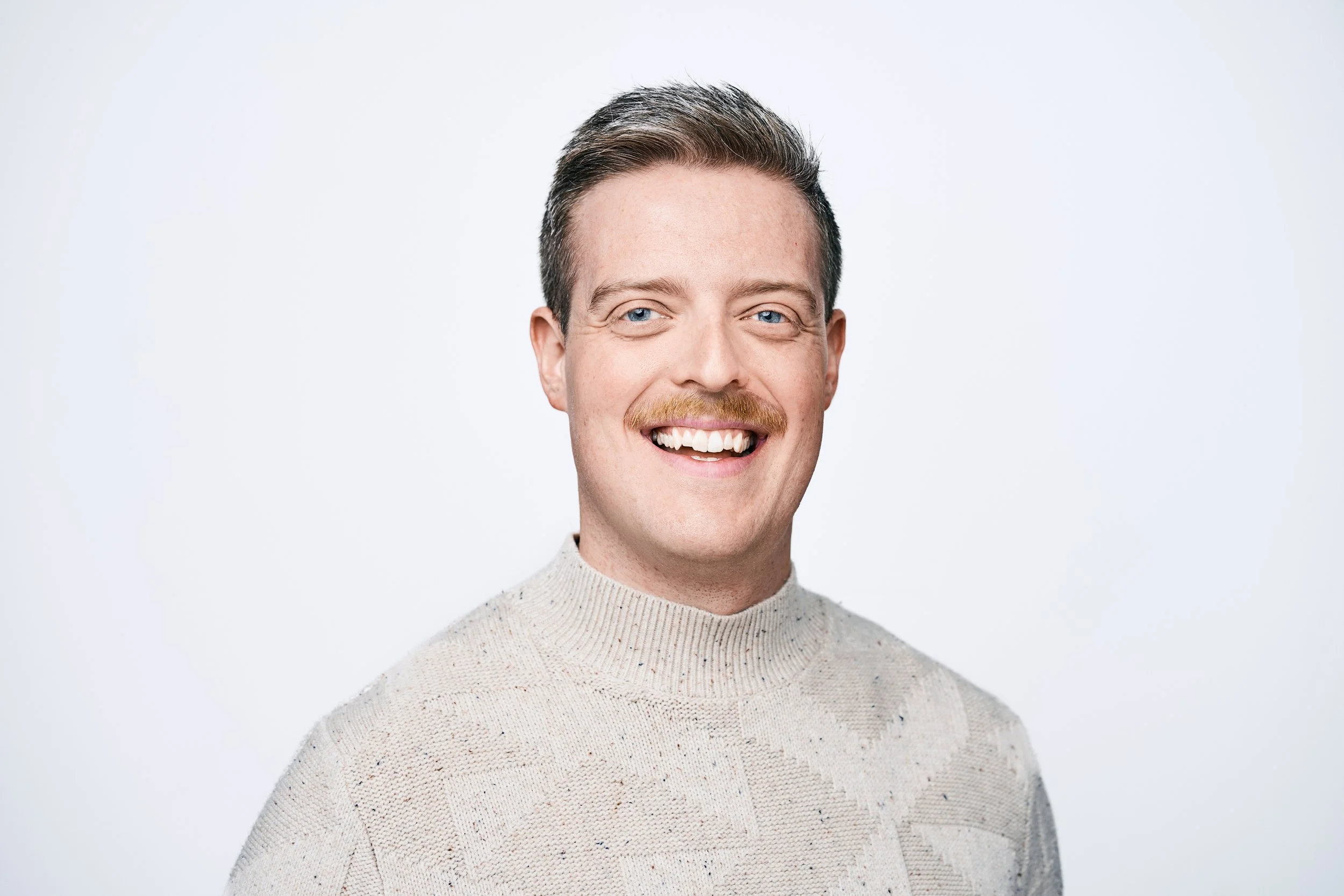FAQs
Got questions? Look at our Frequently Asked Questions below for answers!
-
Unless you have physical limitations (i.e. damage to the ears, throat, or brain), everyone can learn how to sing! Singing is a physical skill that takes practice and repetition to learn how to do. It’s a good debate about whether or not “talent” exists, but you can think of it like running: Everyone can run, everyone can improve their running, but not everyone is going to be an Olympic runner. The best part about singing, however, is that your voice is only part of what you do - the rest is up to how well you communicate your story. THAT’s what people really want to hear, and that is something EVERYONE can do.
-
Lessons are hyper-customized to your needs on any given day, but typically follow a two part format. The first half of the lesson is dedicated to vocal exercises. If you’ve ever done vocal warmups on YouTube, you’ll be familiar with some of these. However, these exercises aren’t just to warm up your voice - they’re going to change it. Repetition of highly personalized exercises is the fastest way to improve your singing voice, and that is a big emphasis of lessons, especially at the very beginning. However, you’re not here to just do exercises - you’re here to sing songs! The second half of the lesson is dedicated to just that, with an emphasis on singing songs that are physically comfortable so that you can focus on other parts of singing like expression and lyric interpretation. Again, this format is very fluid, so if you find that you’re learning a lot doing exercises, we will do a whole lesson of just exercises. However if you have a gig this weekend and want to work on your songs we will only work on your songs.
-
You’ll see results from some of the exercises right away, but typically the skills you build in exercises take a little longer to make their way into singing songs (6-8 weeks). This depends on how much you’re singing, what kind of awareness you have of the muscles of your throat, and, most importantly, how frequently and efficiently you practice in between lessons. The rule of thumb is that it takes about 1.5-2 years of regular practice to get comfortable with the fundamentals, then another few years to master them. However, this depends on a lot of factors and can vary widely person to person.
-
The first thing to try is to try to sing them quieter. Most people have an underdeveloped head register/falsetto, and singing quieter will allow your throat to relax and build the head voice muscles so that they can assist you in the higher range and relieve some of the pressure. This varies person to person and to know for yourself, it’s best to work with a qualified vocal coach.
-
Absolutely - take a look at testimonials to hear exactly how.
-
Some do and some don’t. There is a trend right now of more and more taking lessons. Take a look at this interview with Billie Eilish about her work with my mentor, Doug Peck.
-
It depends on your experience and your goals. If you’re a total beginner, you will get the most out of your training by practicing however frequently it fits into your schedule. If that’s 10 minutes, 3 days a week, great! At the start, it’s all about deepening your awareness of the sensations of singing. The vocal folds are tiny (about the width of your pinky finger), so in order to make changes and control them you have to first develop a deep sense of what it feels like to sing. Typically, though, the more you practice, the faster you’ll see results.
-
Yes! Zoom sound settings have come a long way since the early days of Covid. I even take an occasional voice lesson with my mentors in LA and NYC via Zoom, so you can rest assured that I practice what I preach! As far as tech, it’s best to take lessons on a laptop. However, many people take them on their tablets or phones and have no issues. The benefit of the laptop is that you can record lessons directly to your computer, which is a great resource for practicing in between lessons.
-
It depends. At Forward Voice Studio, lessons start at $150, however the more frequently you take lessons, the better value you get per-lesson. Part of the process of signing up involves identifying your goals and advising a frequency to help you achieve those goals, and custom lesson packages can be made-for-you to fit your budget. Book a First Fit Voice Lesson and we can talk about how voice lessons can fit in to whatever budget you have.
-
Someone who is kind, knowledgeable, patient, friendly, and still willing to push you to new heights. Learning to sing often involves being vulnerable, and your singing teachers should make you feel comfortable enough to take risks without fear of judgement. The right fit is important - if your singing teacher makes you feel bad about yourself or says things like “I’m not your therapist,” think twice before signing up. (Note: Most singing teachers are not qualified to be therapists but should be equipped with enough empathy and coaching skills to facilitate the emotional introspection needed for personal growth).

